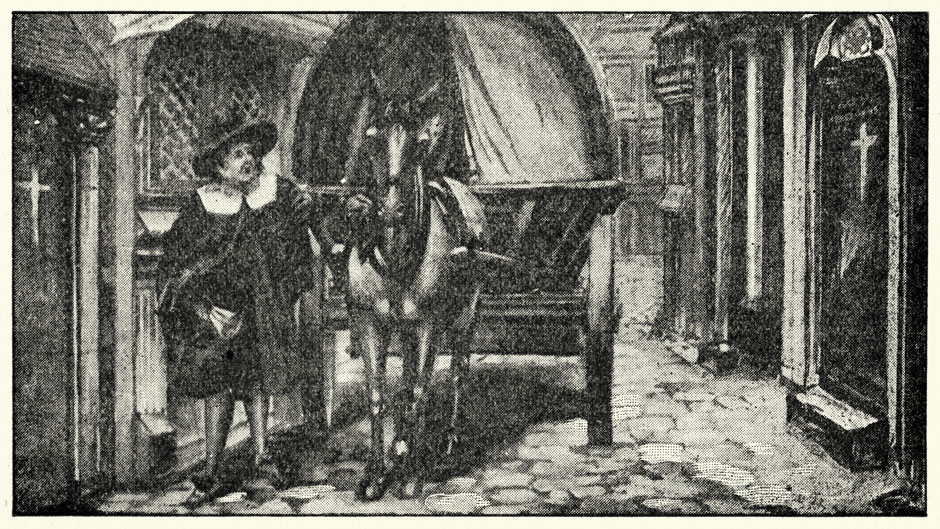In the mid-1300s, the Black Death, one of the most virulent pandemics in human history, claimed roughly half of Europe’s population and had a devastating impact on the Middle East and other regions.
Fast forward many centuries later, a more modern and technologically savvy world also struggles to combat the spread of a new virus and keep mortality rates low.
Even with all the evidence and implicit depictions of what our predecessors endured at the tip of our fingerprints, the response to COVID-19 varies across the world.
Which raises questions like: Are the experiences from past pandemics relevant to the situation at hand today? What do the differences between the impact and experience of the two plagues tell us about modern society? Can we draw any lessons from the experience of medieval people in thinking about the modern situation?
To address these questions, Hugh M. Thomas, a professor from the University of Miami’s Department of History, will dive deep into a comparison of the “Great Mortality” of the middle of the 14th century and the current pandemic in a virtual lecture available to the University community.
Before the crisis altered Thomas’ in-person lecture plans, his class was slated to discuss a collection of documents from the Black Death.
“I shifted this assignment online and as part of the new approach asked my students to write about how their experiences of the pandemic shaped their readings on medieval experiences of the Black Death,” he said.
The student responses were “fascinating,” which prompted Thomas to consider sharing comparisons with a wider audience.
As Thomas explains, the pop-up lecture will start with a historical look at the Black Death, and then transition to a discussion on the various psychological, economic, and social consequences it left behind.
“Given that mortality rates during the Black Death were so high, I want to put the current pandemic in perspective. More importantly, in a time that’s unprecedented within living memory, it is useful to look at historical precedents,” he explained.
Thomas will also shine a light on “why historians are so bad at making predictions;” and nonetheless, he will rashly offer his personal predictions on the consequences of this pandemic and suggest a couple of lessons.
“The current pandemic is shaking our society to the core,” Thomas said. “The Black Death was such a fundamentally important force for change in late medieval Europe, so it’s important to revisit what transpired there.”
The Center for the Humanities is committed to engaging the University and South Florida community in intellectually stimulating conversations.
“The invention of the modern university in the Middle Ages created the institutional structure allowing education to survive even during the most difficult times,” Thomas said, “and now it’s crucial for the center to continue disseminating the knowledge that’s been collected for centuries.”
The Black Death to Coronavirus: Linking Pandemics from History to Today virtual lecture takes place on Wednesday, May 6, at 12:30 p.m. RSVP here.
The Feed Your Mind lecture series is a biweekly lecture presented by the College of Arts and Sciences to engage the University community. Visit https://humanities.as.miami.edu/ for more information and a full schedule of events offered by the Center for Humanities.

